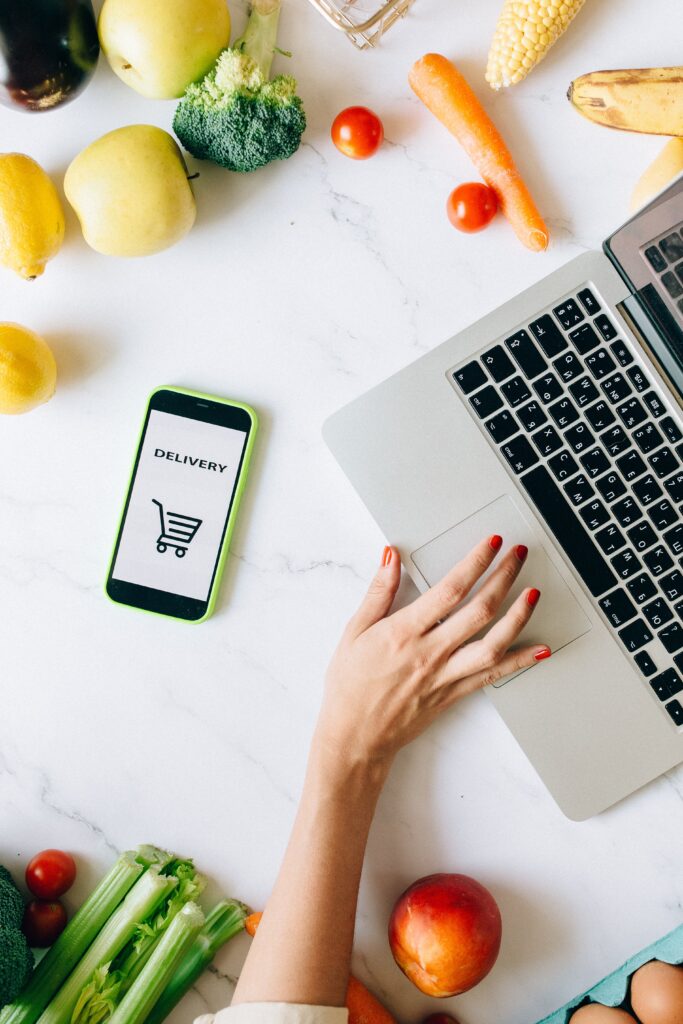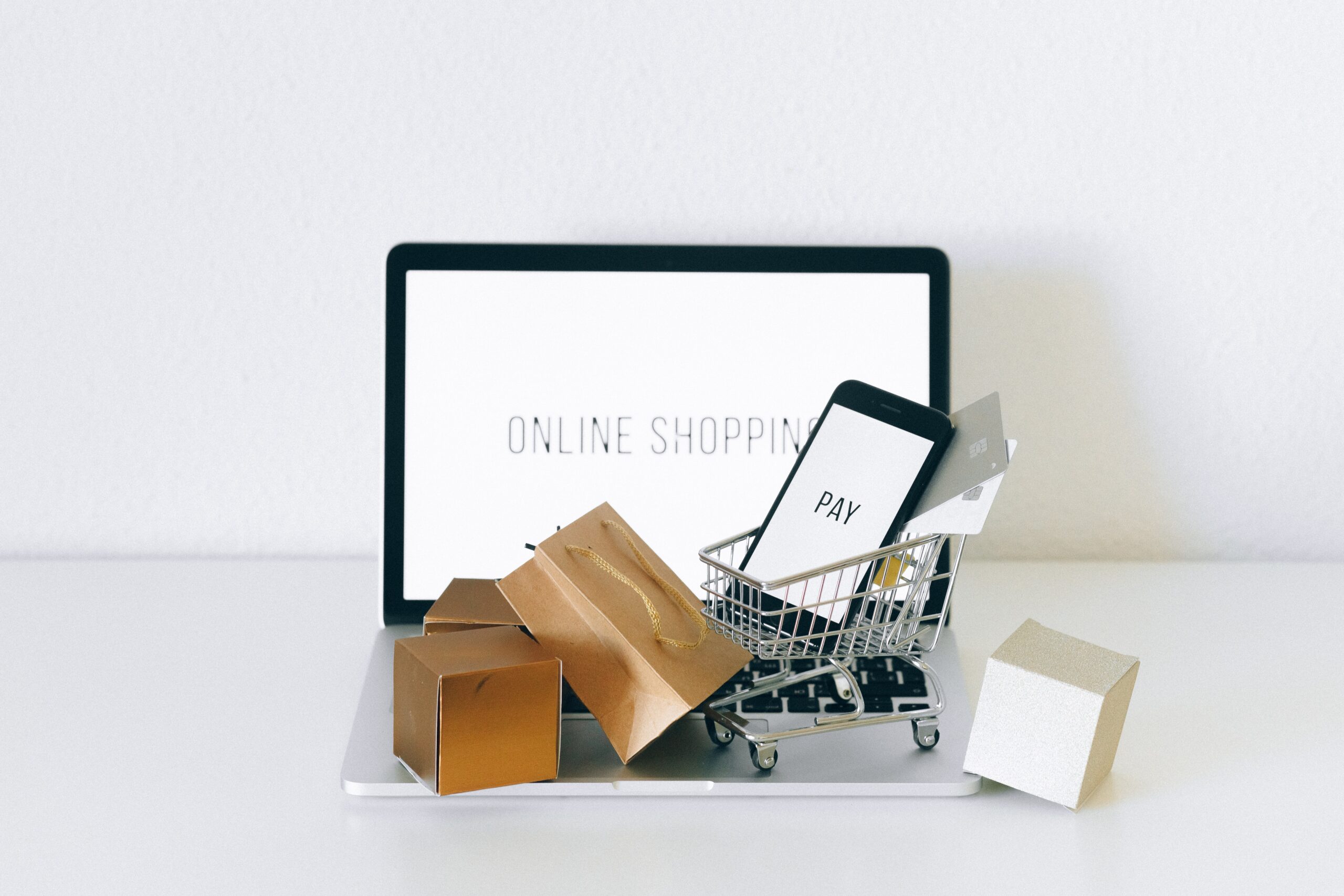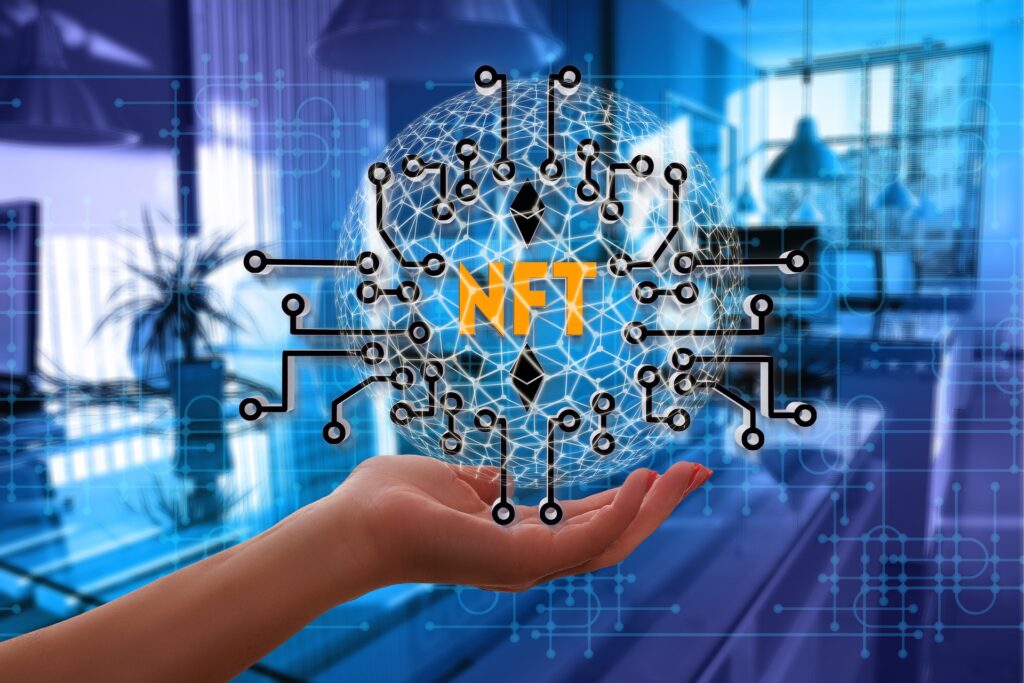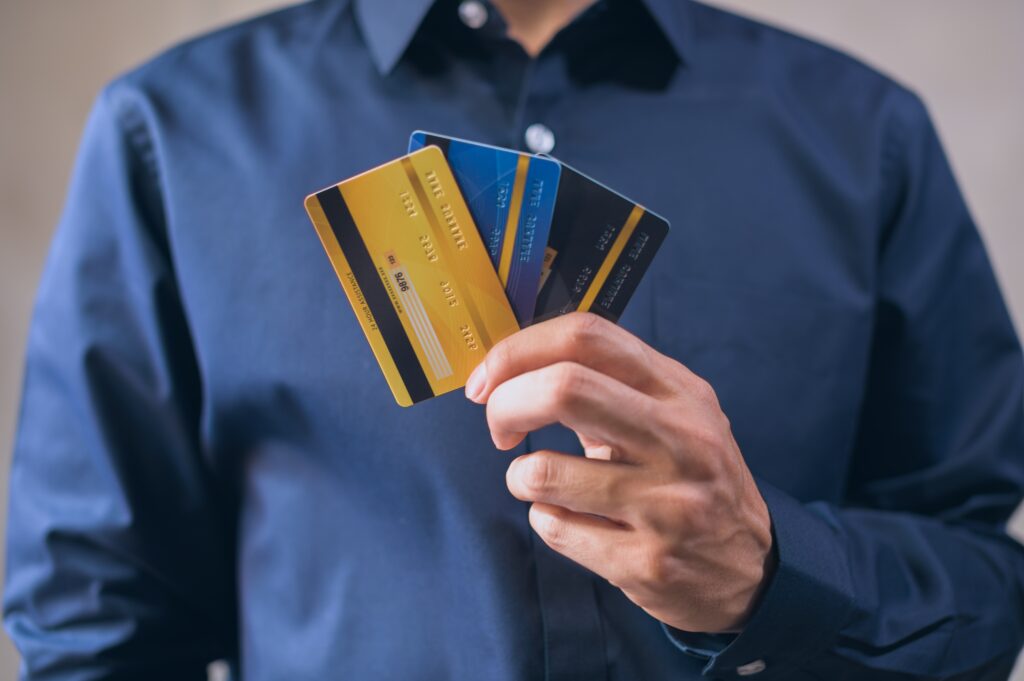While some people go to the supermarket as part of their weekly routine, technology might be shifting the way we stock our pantries. By adding another application to your phone, even your groceries might just be a few taps away.
Building upon what might have been a pandemic-fuelled success, grocery delivery apps are improving their technologies and expanding their reach to reshape how Egyptians consume groceries.
Making money
Most grocery delivery apps are organized by product type, with pictures, weights, prices and other information for each item. Customers add the items to a basket and checkout the same way they would on other e-commerce platforms like Amazon or Jumia. The main difference is the delivery time: the standard shipping period for e-commerce is two to five days, while customers can get groceries within two hours.
The business model of these grocery delivery apps are constructed around receiving a percentage of the consumer’s order value from the store itself, according to Gulf News.
After securing $26 million in a Series A round co-led by Vostok New Ventures and Endure Capital in November, leading Egyptian grocery delivery application Breadfast aims to further expand. It aims to shrink delivery time from 60 minutes down to just 20 by funding dark stores, “distribution centers that only deliver internet orders,” according to Anurag Jain, the founder and CEO of Oyelabs, an IT service provider for delivery apps. Breadfast also plans to expand to eight more cities across Egypt and Sub-Saharan Africa.

Pandemic consumption
While Breadfast was founded in 2017 and InstaShop (based in the U.A.E.) in 2015, their recent success and popularity might in part be due to the precautionary measures adopted because of the COVID-19 pandemic.
Ragaa Abdel Rauof, a 62-year-old housewife, says that the only reason she started using apps for groceries was because of the pandemic. At the start of the pandemic, she just “didn’t want to visit the supermarket and be exposed to the virus” so she jumped at the alternative, grocery delivery apps.
The pandemic also resulted in an “unmatched level of panic buying globally,” according to a research paper by Grace Chua and others. The paper found that the perceived scarcity fuelled by uncertain economic circumstances caused a “heightened perception of the limited availability of stocks” which led to a perceived “risk of regretting a lost opportunity to purchase products in limited supply while they still can.”
While supermarkets in Egypt were exempt from pandemic-related restrictions on business hours, customers like Abdel Rauof preferred not to go at all as a personal precautionary measure.
However, online impulse buying may have also factored into the success of grocery delivery apps during the pandemic. Research by John D. Wells, Veena Parboteeah and Joseph S. Valacich links the quality of the website with an increasing impulse to buy. The design of the applications, and perhaps the very novelty of them, may have further contributed to pandemic impulse buying, which led to increased comfort with the app interface that might carry forward. Abdel Raouf admits that she probably buys more items through the app than she otherwise would have on a trip to the supermarket. “I found myself getting carried away on the app,” she says.
Abdel Raouf continues to use the app and says that her shopping habits post-pandemic will probably be a cross between online and supermarket shopping.
Egypt has the edge
While variations of these applications exist worldwide, Egypt has a “massive demographic and favorable operating expenses in emerging markets,” according to Justin Mateen from JAM Fund, a venture capital firm that also participated in Breadfast’s Series A round.
Living in the Netherlands, Assmaa Mohamed, a 38-year-old translator, says that while she uses grocery delivery apps when she’s in Egypt, she finds them “a hassle” when she’s in the Netherlands. “The registration process needs bank details and it’s a hassle” she says, “You can’t just pay in cash the way you do in Egypt.”
She adds that she also likes the immediacy of delivery here, as opposed to “scheduling slots” for similar services abroad. “I like the idea of just inserting items and getting them right away.”
The region, and Egypt in particular, already has a solid foundation in tech-based delivery services, and the ease and convenience of these apps is shaping how people shop in the region. “Our mission is to change how people consume their daily essentials in Africa and the Middle East,” said Breadfast co-founder Mostafa Amin in a press release.







